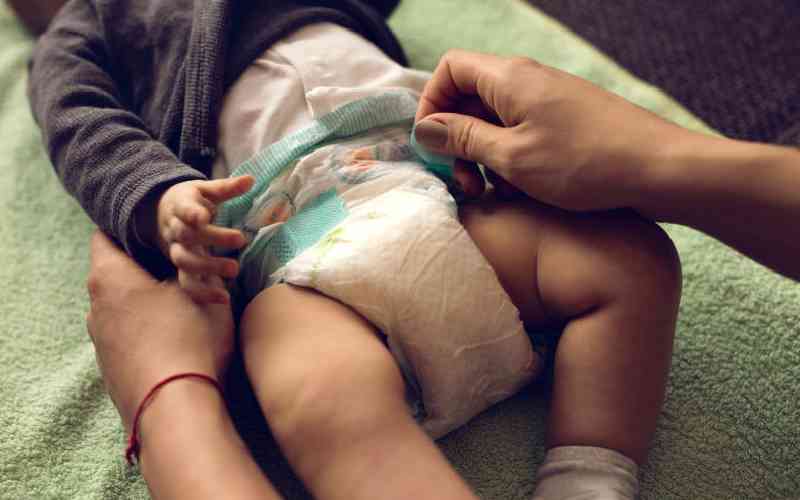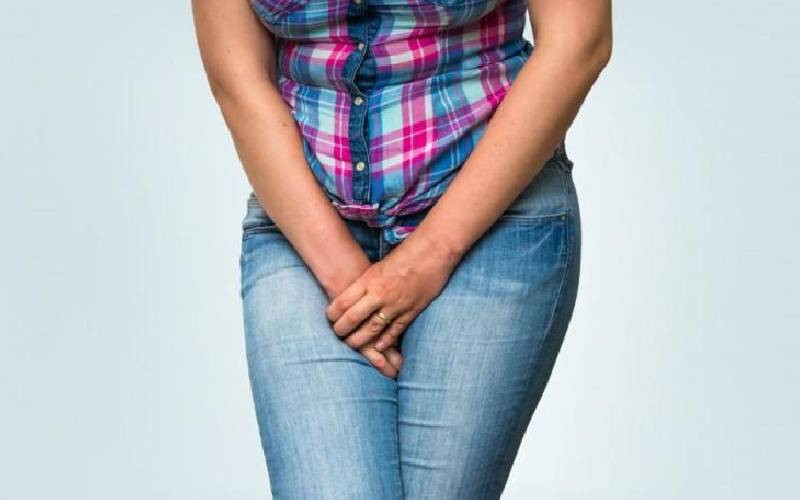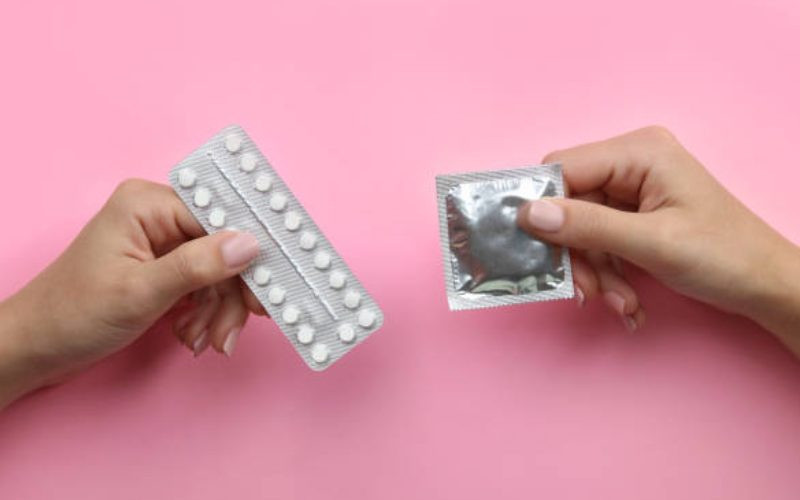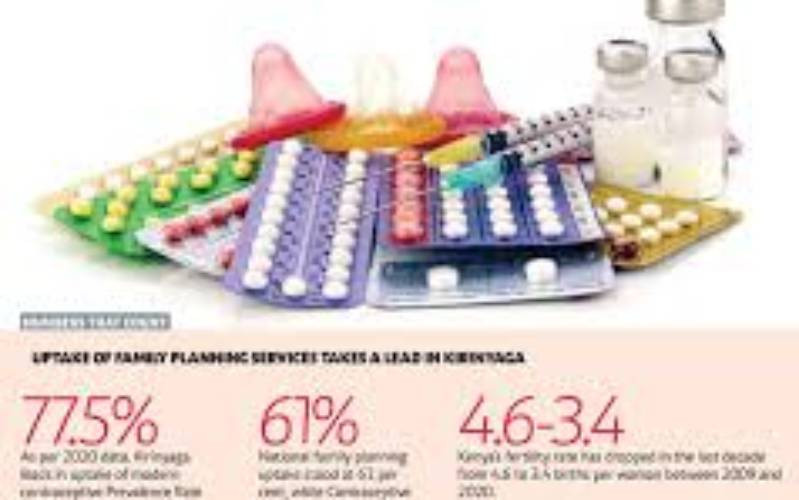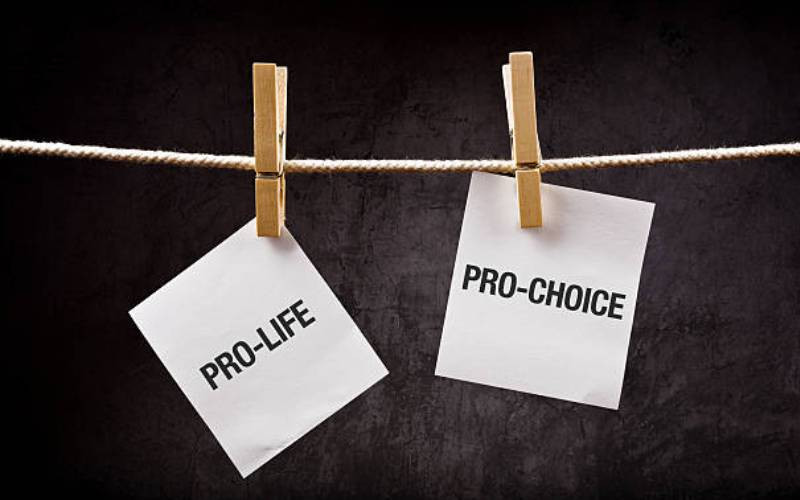
Kenyan men are likely to die earlier than women, according to data.
The study indicates men have a lower life expectancy and succumb more to treatable diseases earlier and at greater numbers than women.
For starters, more men have died from Covid-19 and at younger ages, according to figures from the Ministry of Health. For every 10 Covid-19 deaths, seven were male. Never mind that more men have been vaccinated.
Also, more women live to 90 years. Men’s average life expectancy is at 64 years as opposed to 69 for women.
There are more men who die from injuries sustained in road accidents, according to the National Transport and Safety Authority, whose records indicate that for every 10 road accidents, eight involve men.
Causes of the accidents range from speeding to drunk driving. Men are also knocked down more by vehicles while crossing roads when not dying earlier from fights and shooting by thugs and police officers.
That is not all. Men are also more sexually careless and die at the hands of other men from adulterous adventures, while data on death by suicide has more men than women, according to statistics from the Directorate of Criminal Investigations (DCI).
But medical experts and psychiatrists also point out that while women are wired to seek help from experts, men suffer from late diagnosis after skirting regular medical checkups.
Aggressive father
Take Kennedy Anjejo, 38, who was once an aggressive father of two, but whose life took a different turn after he was diagnosed with kidney failure at the Metropolitan Hospital in Nairobi in 2019. He had three incidents of collapsing and eye pressure, and since then his health has been deteriorating.
He is among individuals ailing from diseases likely to occur and kill a man by his 40th birthday - the age when most are settling down or scaling up the career ladder.
Medical examinations revealed that Anjejo had chronic kidney disease, which was diagnosed at stage 4. He was put under dialysis in May last year after medication failed to improve his condition.
“I at times look back, paint a bright future that I worked towards, then just like that, everything was turned back by a click of a moment,” he says, adding that even though his condition is being managed well, he regrets the diagnosis came at the prime of his life when he had just enrolled for a master’s degree in Development Studies at the University of Nairobi.
He had to relocate to Kisumu for close monitoring considering that “routine work is hectic at the moment and I realised I need to give more attention to my health.”
Dialysis has exposed him to anemia. “I am spending about Sh50,000 on blood boosters to manage my health. I wish this problem was discovered earlier, before escalating to such a critical state that requires heavy financial muscles to manage.”
But do men shun regular medical checkups?
Sign of weakness
John Rizarazu, a boda boda rider in Machakos town, argues that frequent hospital visits are deemed a sign of weakness, while Dominic Mutiso thinks being the breadwinner piles a lot of responsibilities on men such that they would prefer self-medicating just to continue working.
“The hard economic times cannot allow a normal man to get sick,” says Mutiso. “Who will feed your family if you go to the hospital?”
Jackie Gathu, a psychologist, blames it on the way most men were brought up, from the language of telling boys “you need to be strong”, “you need to toughen it out”, “don’t show your weakness”, “don’t be vulnerable”. Even when the boys grow up, they internalise the message and refrain from showing any form of weakness.
Most men also hardly open up for being told “do not speak about your weakness or feelings”, “you’re being whinny” or “you’re being girly”, says Gathu, adding that men need empowerment to find it okay to seek medical help and to take care of their bodies.
Chronic disease
Dr Jemimah Kamano, an endocrinologist and chronic disease specialist at the Moi University Medical School, explains that diseases often do not choose gender. But certain diseases like cancer of the esophagus, testicular cancer or of the prostate, heart disease, mental diseases such as depression or suicide, lifestyle diseases such as strokes, diabetes and liver diseases such as liver cirrhosis, may cause death earlier in men than in women.
“The only safe way is if these diseases are picked early if men go for regular medical checkups, and the reason they kill is because they are usually picked late,” she says.
Other diseases, Dr Kamano says, are related to smoking and alcohol, and may affect the pancreas and liver.
“When the liver or pancreas is affected, then they get inflamed, and after healing, scar tissue forms leaving the organ as hard as a stone, and may end up with liver failure or difficulties in digesting food and malnutrition because one cannot absorb nutrients.”
She advises men to moderate drinking and smoking.
Dr Dan Gikonyo, a cardiologist, urges men to take regular medical check-ups at the ages of 40 to 45 when lifestyle diseases start taking their toll.
Men are more likely to ignore advice by doctors than women, notes Gikonyo. “Men are different from women by their make-up, men are very macho, they ignore pain to show their masculinity, which is self-destructive.”
He also advises men to take masculinity less seriously when it comes to health.
 The Standard Group Plc is a multi-media organization with investments in media platforms spanning newspaper print
operations, television, radio broadcasting, digital and online services. The Standard Group is recognized as a
leading multi-media house in Kenya with a key influence in matters of national and international interest.
The Standard Group Plc is a multi-media organization with investments in media platforms spanning newspaper print
operations, television, radio broadcasting, digital and online services. The Standard Group is recognized as a
leading multi-media house in Kenya with a key influence in matters of national and international interest.

